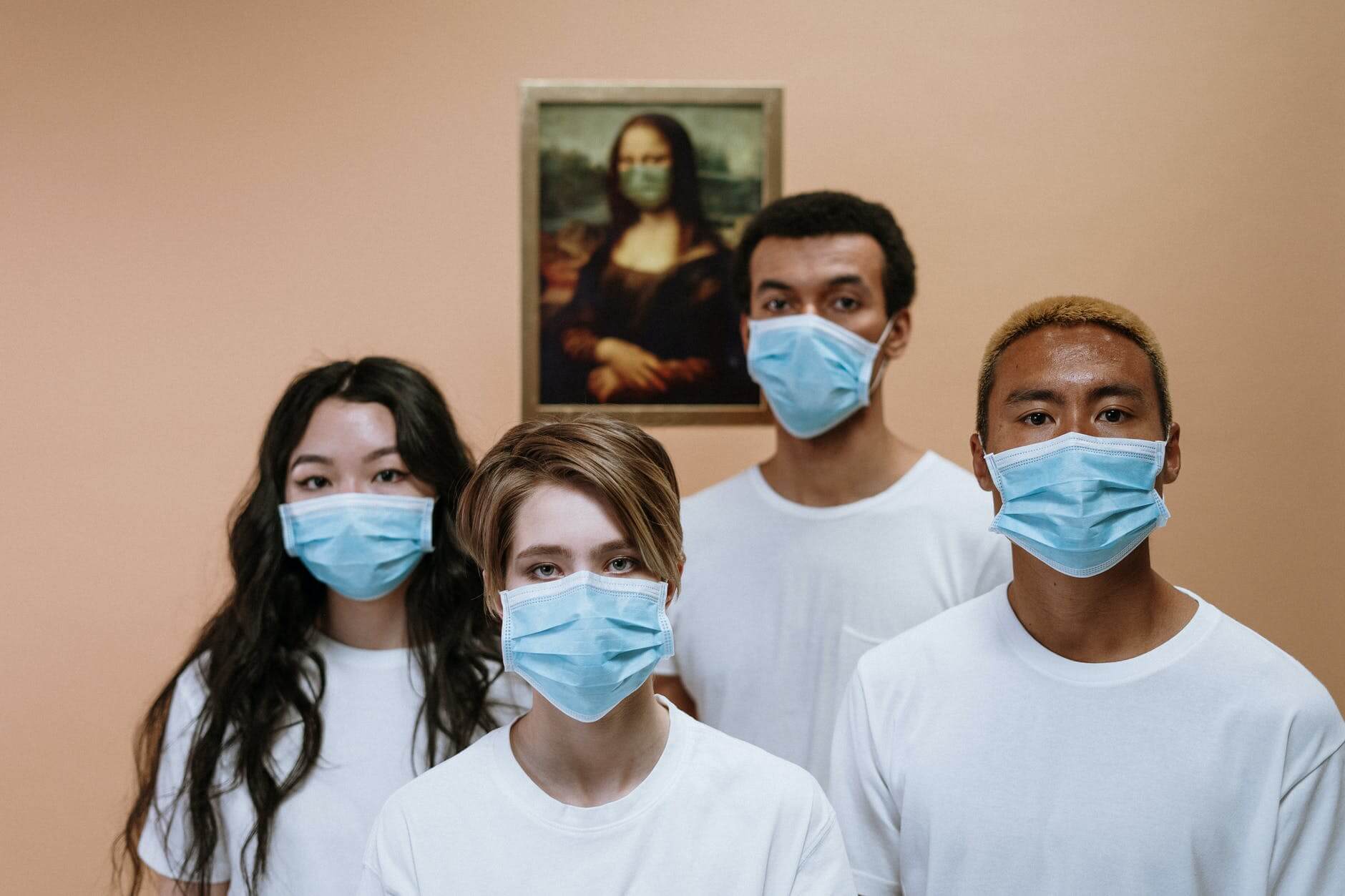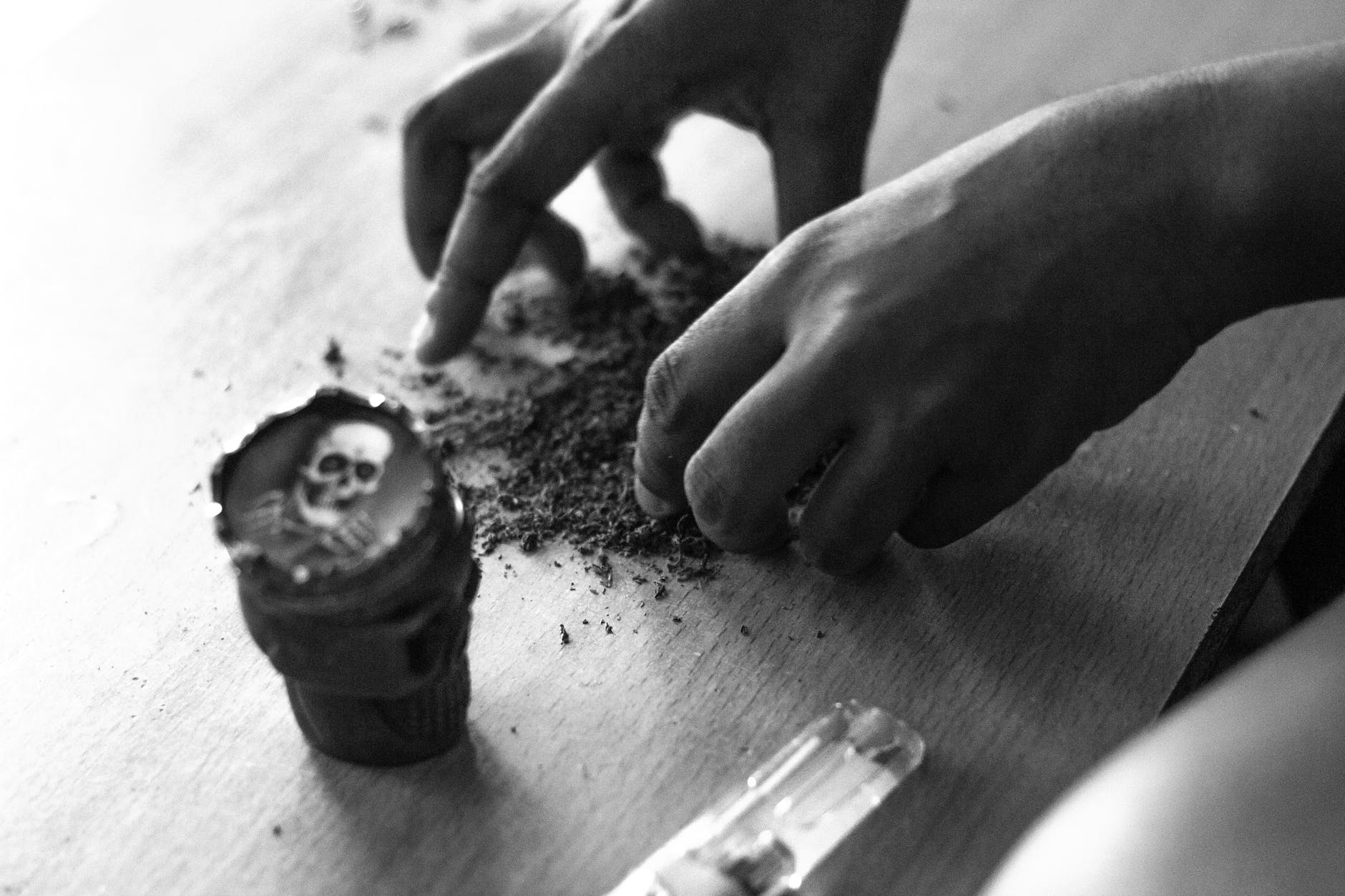The Covid-19 pandemic has undermined the rights of people who reject religious norms in many countries, according to the latest Freedom of Thought Report from Humanists International.
This year’s edition of the report, an annual assessment on the rights of Humanists, atheists and the non-religious, was published yesterday – coinciding with International Human Rights Day.
The report found that blasphemy remains a punishable offence in at least 68 countries. People can effectively be put to death for expressing atheism in 11 countries, all of which are majority Muslim.
Impact of pandemic
The report also said countries including Zimbabwe and Kenya have scapegoated the non-religious for the pandemic, with Zimbabwe’s president describing it as “a warning to people to leave their sinful ways”.
Countries including Azerbaijan have used it as a chance for broader crackdowns on freedom of expression.
It has also had a negative impact on the freedom to reject or change religion. Many people questioning their communities’ religious identities have been trapped with their families, while atheist support groups have often been unable to organise activities.
Many people have found themselves unable to access consular or other support services as they have fled harm. Women’s access to abortion has been restricted in some countries.
Other key findings
The report said “the overwhelming majority” of countries fail to respect the rights of Humanists, atheists and the non-religious.
It found that government figures or state agencies openly marginalise, harass, or incite hatred or violence against the non-religious in 12 countries.
And it said dozens of countries engage in discriminatory funding of religion; derive their state legislation in whole or in part from religious law; or use religious courts on family or moral matters.
It also criticised laws which discriminate against the non-religious, for example by not allowing them to marry, or which define citizens by their membership of religious groups.
Non-religious people are barred from holding at least some offices in 26 countries.
Comments
Andrew Copson, the president of Humanists International, wrote the introduction to the report. He said restrictions caused by the virus, “whilst completely necessary”, had “also had the secondary effect of undermining and destabilising the lives of those who are most vulnerable”.
National Secular Society head of communications Chris Sloggett welcomed the report.
“This is a sobering reminder of the restrictions on basic rights which many non-religious people and members of religious minorities face globally, and of the need to defend human rights from religious impositions.
“This year’s report also makes a valuable contribution by specifically highlighting the impact of the coronavirus, and the upheaval it’s caused, on the freedom to reject religious norms.”














